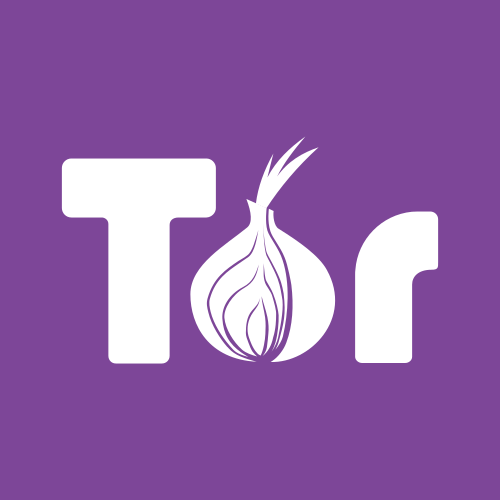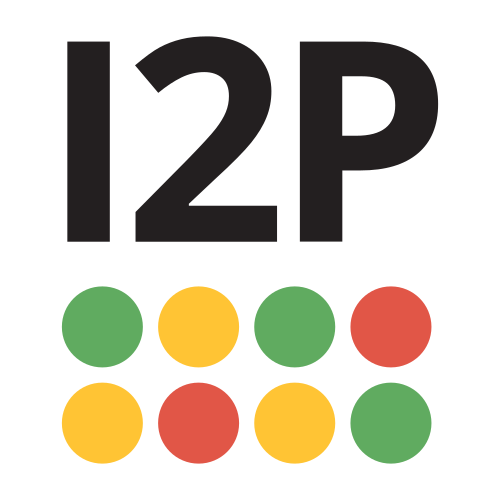0x19 Meta
I am strongly considering pushing 0x19 to be tor/i2p only. I will keep the domain and redirect to the onion if I actually go through with this current existential crisis. I wish to keep 0x19 online but the rise of confidence trickster "AI" plagiarists and a general growing disdain for the internet entirely has left me feeling Empty as a Car Coasting DownhillI have become such a negative person.
Technology is a dead god. "Computing as a religion" tires me.
Long live the {internet incantators, electronic exorcists, www wizards, linux luddites, mainframe magicians}.
For information on Tor, refer to: All About Tor
For information on i2p, refer to: All About I2P


 Monero:
Monero:  Bitcoin:
Bitcoin:  http://ilsstfnqt4vpykd2bqc7ntxf2tqupqzi6d5zmk767qtingw2vp2hawyd.onion:8080
http://ilsstfnqt4vpykd2bqc7ntxf2tqupqzi6d5zmk767qtingw2vp2hawyd.onion:8080 http://xzh77mcyknkkghfqpwgzosukbshxq3nwwe2cg3dtla7oqoaqknia.b32.i2p:9090
http://xzh77mcyknkkghfqpwgzosukbshxq3nwwe2cg3dtla7oqoaqknia.b32.i2p:9090  |
|

